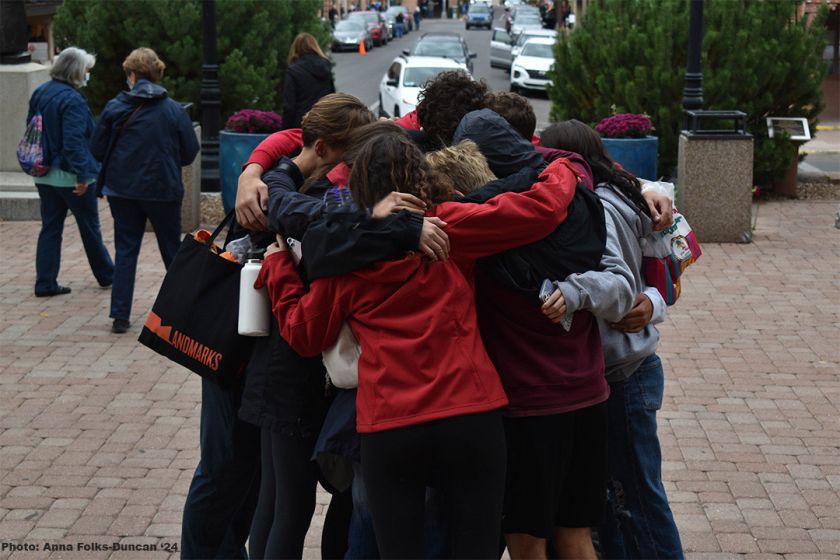
Working ourselves out of a job: Fostering age-appropriate independence in our children
By Saul Ostroff, M.Ed, School Counselor
As a parent and grandparent, I’ve been blessed with clear-sighted advice from my teachers. My teacher at the University of Arizona, Dr. Oscar Christiansen, professor emeritus in the Department of Counseling and Guidance in the College of Education said, “Our job as parents is to work ourselves out of a job.”
Clinical Psychologist and New York Times bestselling author Dr. Mary Pipher says that loving parents can be “over involved and overprotective.” With a loving heart, we as parents can stifle the growth of our children by taking total ownership of their communication with teachers and not letting them learn responsibility; by solving their problems and not letting them develop; by trying to cast our children in our image and not allowing them to define their own identity. Will students make mistakes? Of course they will, and that is part of the learning process. Better to make mistakes now when they are young, versus more costly mistakes later on in life.
Some students have told me that their parents keep them home for the majority of time during non-school hours, even on weekends. This often means that students are left isolated with the TV or computer screens. Dr. Pipher says that heavy viewers develop “mean world syndrome.” This leads to a vicious circle phenomenon. Because of fear of the outside world, we spend an inordinate amount of time indoors and the electronic media becomes our new community, which then increases the fear.
How Parents can Help
I’m asking parents to consider the interpersonal growth of their children by encouraging them to visit other students outside of the classroom, go to the places where their peers gather, and participate in afterschool activities. Sociologist James House reviewed relevant literature and concluded that social isolation is just as dangerous as smoking, high blood pressure, or high cholesterol.

Ideas to increase your child’s strength and independence:
- Tone down the consumerism, do not indulge all of your child’s wants. “Ads elevate feelings over thinking and impulses over common sense.”
- One day a week without screens, because video games and social media keep us from personal connections. Instead encourage visiting friends and neighbors, taking a hike, bike ride, extracurricular clubs and events.
- Believe in your child’s ability to solve some of their own problems. People want to grow and what better gift than to give children the opportunity to figure out new situations such as what group to join at lunchtime, or what activities to engage in.
Following are two resources to assist you in your journey to help your adolescents gain the confidence, skills, and independence that will help them grow into happy and productive adults:
- The Love and Logic Blog
This site also offers podcasts and materials for purchase, for example, this recording called “Shaping Self-Concept: Encouraging Kids to Take Risks and Learn.” - The Child Mind Institute Resources and YouTube channel.